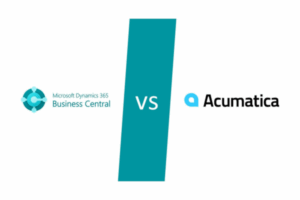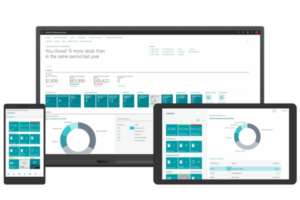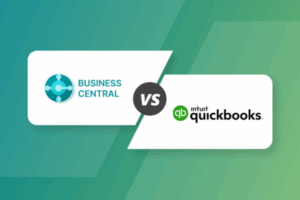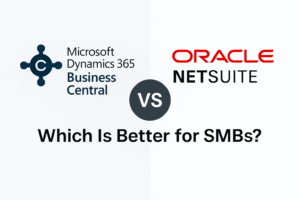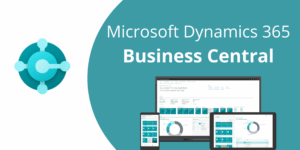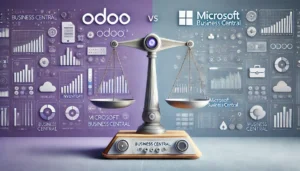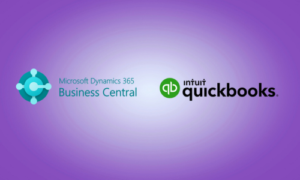Why SMBs Need ERP in 2026
ERP (Enterprise Resource Planning) centralizes your business operations into one platform, from accounting and inventory to sales and HR. For SMBs transitioning from spreadsheets or QuickBooks, ERP simplifies workflows, reduces errors, and provides real-time insights—critical for making smarter business decisions and supporting growth.
Top ERP Systems for SMBs in 2026
-
Microsoft Dynamics 365 Business Central
Ideal for SMBs already using Microsoft tools like Excel or Outlook, Business Central integrates finance, sales, supply chain, and customer service into one platform. The interface feels familiar and intuitive, making onboarding easier. With additional features tailored for industries like distribution, and manufacturing, it’s a strong choice for growing businesses.
-
NetSuite
NetSuite is a cloud-based, highly scalable ERP system perfect for SMBs planning long-term growth. It manages finance, inventory, e-commerce, and more, accessible from anywhere. Its real-time updates and comprehensive functionality make it a great option for businesses anticipating expansion.
-
Odoo
Odoo is a highly customizable, modular ERP system. Start with essential modules like accounting or CRM, then add more as your business grows. Perfect for SMBs needing flexibility, but setup may require a tech-savvy team. Odoo allows you to scale without replacing the system, keeping workflows aligned with business growth.
-
Zoho ERP
Zoho ERP is a budget-friendly option for SMBs new to ERP. It offers modules for inventory, sales, and basic accounting. While less feature-rich than Microsoft Dynamics or NetSuite, it’s a practical starting point for smaller teams or businesses with limited budgets.
Key Considerations When Choosing an ERP
- Budget: Consider both upfront costs and ongoing subscription or implementation fees.
- Ease of Use: Choose a system your team can quickly adopt to avoid workflow disruption.
- Scalability: Ensure the ERP can grow with your business without costly overhauls.
- Industry Fit: Some ERPs offer specialized features for certain industries, which can save time and customization effort.
Final Thoughts
So, what are the best ERP systems for SMBs in 2026? Microsoft Dynamics 365 Business Central, NetSuite, Odoo, and Zoho each have strengths that fit different SMB needs. The right choice depends on your business size, growth plans, budget, and existing systems.
If you’re transitioning from QuickBooks or spreadsheets, adopting the right ERP can transform your operations, reduce stress, and position your business for scalable success.
Need help choosing or implementing the right ERP for your SMB? Alchemy 365 specializes in guiding businesses through this transition, making the process smooth, cost-effective, and tailored to your needs.






